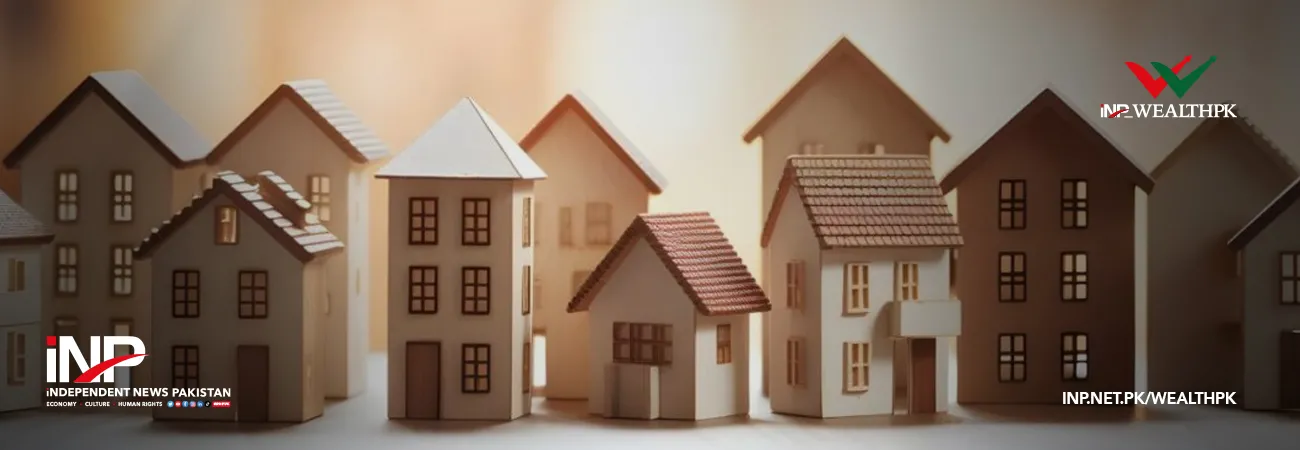INP-WealthPk
Ayesha Saba
The government is considering shifting its low-income housing projects from subsidy-based models to self-sustaining ones under the Public-Private Partnership (PPP) framework, in line with the recommendations linked to the International Monetary Fund (IMF) program.

A Naya Pakistan Housing Development Authority (NPHDA) senior official told Wealth Pakistan that while the subsidy-based projects provided relief to the poor in the past, current global and domestic economic realities require a shift toward self-sustaining and revenue-generating models. In response, the government has started exploring alternative models in which the housing projects are implemented through partnerships between the public and private sectors.
Under this approach, the projects would include a mix of commercial ventures to generate revenue while simultaneously catering to the low-income housing needs through affordable instalments and long-term payment plans, he said. He confirmed that several proposals have already been submitted for consideration, and expressed optimism that these proposals will be approved in the coming days, paving the way for the continuation of housing and development initiatives under a more sustainable framework.
The NPHDA official further told WealthPK that one such scheme, previously launched for low-income segments, offered flats and housing units at minimal instalments. While successful handovers took place in Punjab, further expansion was halted due to restrictions related to subsidies. The upcoming projects will now be structured around revenue-generating, self-sustaining mechanisms to ensure continuity without breaching the IMF conditions. Transparency has also been emphasized in the proposals.
The government has directed the authorities concerned to strengthen project monitoring and ensure that cost details, timelines, and other information are regularly updated on official platforms."Aligning the housing projects with PPP models could not only reduce fiscal pressures for the country but also unlock the private sector's efficiency, innovation, and long-term viability. The economy is improving, and once these frameworks are fully adopted, our housing projects will continue on a sustainable footing," he said.
Credit: INP-WealthPk









